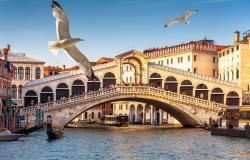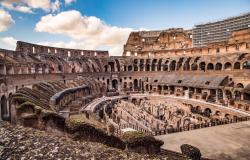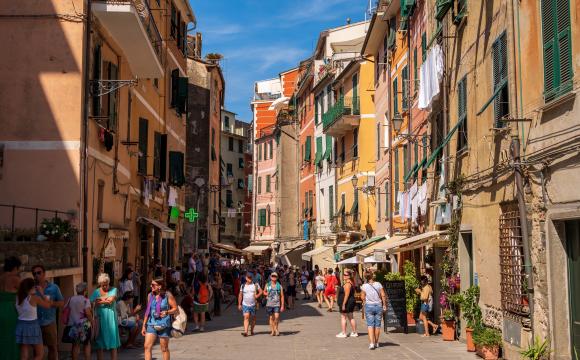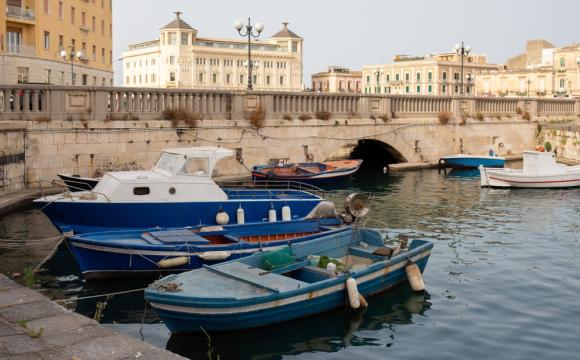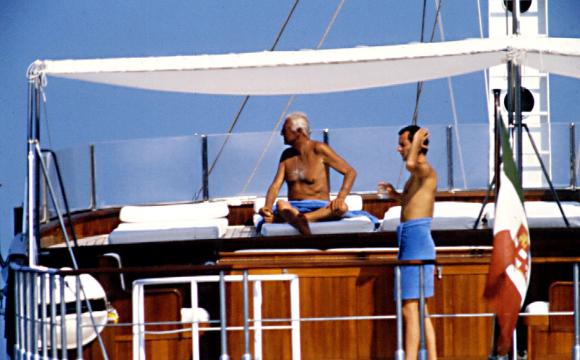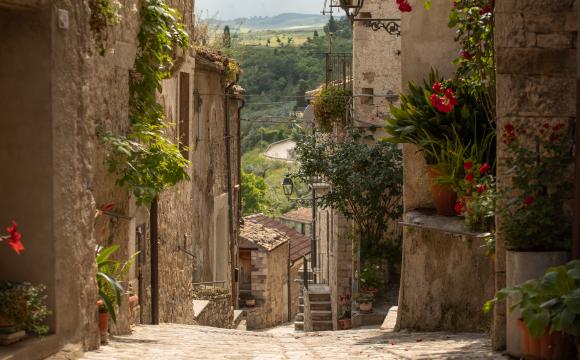The Italian Bishops Conference (CEI) on Wednesday slammed the government a proposal to make immigrants pay for the issue or renewal of permits to stay in the country.
Gian Romano Gnesotto of CEI immigration association Migrantes said the plan was ''unacceptable'' and joined opposition politicians in describing it as ''an unfair tax'' on immigrants.
''Whims such as this that further penalise immigrants making concerted efforts to integrate in Italy are a step backwards,'' he said.
Replying to Gnesotto, Interior Minister Roberto Maroni said he was ''astonished'' by the polemics.
''All the European countries have done this: in the Netherlands there is a tax of 800 euros, and there are taxes in the United Kingdom, in Germany and in other countries. Frankly I don't understand why it's alright for other countries but if we do it in Italy it becomes an intolerable measure,'' he said.
The minister added that money collected from the initiative could be used to finance the repatriation of illegal immigrants.
''If we calculate a million permits a year between new issues and renewals, and if we charge 100 euros per permit, we will have 100 million euros a year to place in a fund to finance repatriation,'' he said.
The president of the Senate's Constitutional affairs committee, Carlo Vizzini, also said he ''could not see any reason for polemics''.
''The public administration has to spend (money on permits) and it seems normal to me that foreigners should be asked for a contribution,'' he said. ''This isn't a tax but a contribution for a service on demand''.
The proposal is currently being discussed in the Senate as an amendment to the government's public safety bill, which also includes a measure encouraging doctors to tip off authorities if they encounter illegal immigrants.
Migrantes criticised the proposal as unconstitutional and said the right to health needed to be safeguarded.
Gnesotto also hit out at Maroni for suggesting that there was less need for a foreign workforce in Italy as a result of the economic crisis.
''Since Italians are not willing to saddle themselves with up to 24-hour work days helping families, or working in steel plants or other jobs heavily penalising health, Italy has always needed these immigrants and will always need them for the future,'' he said.







